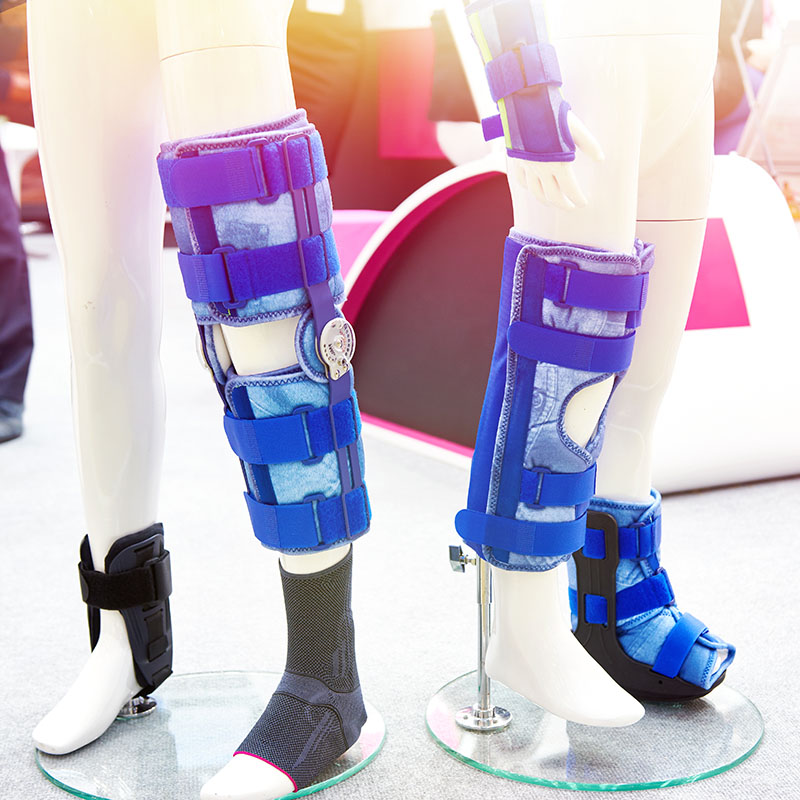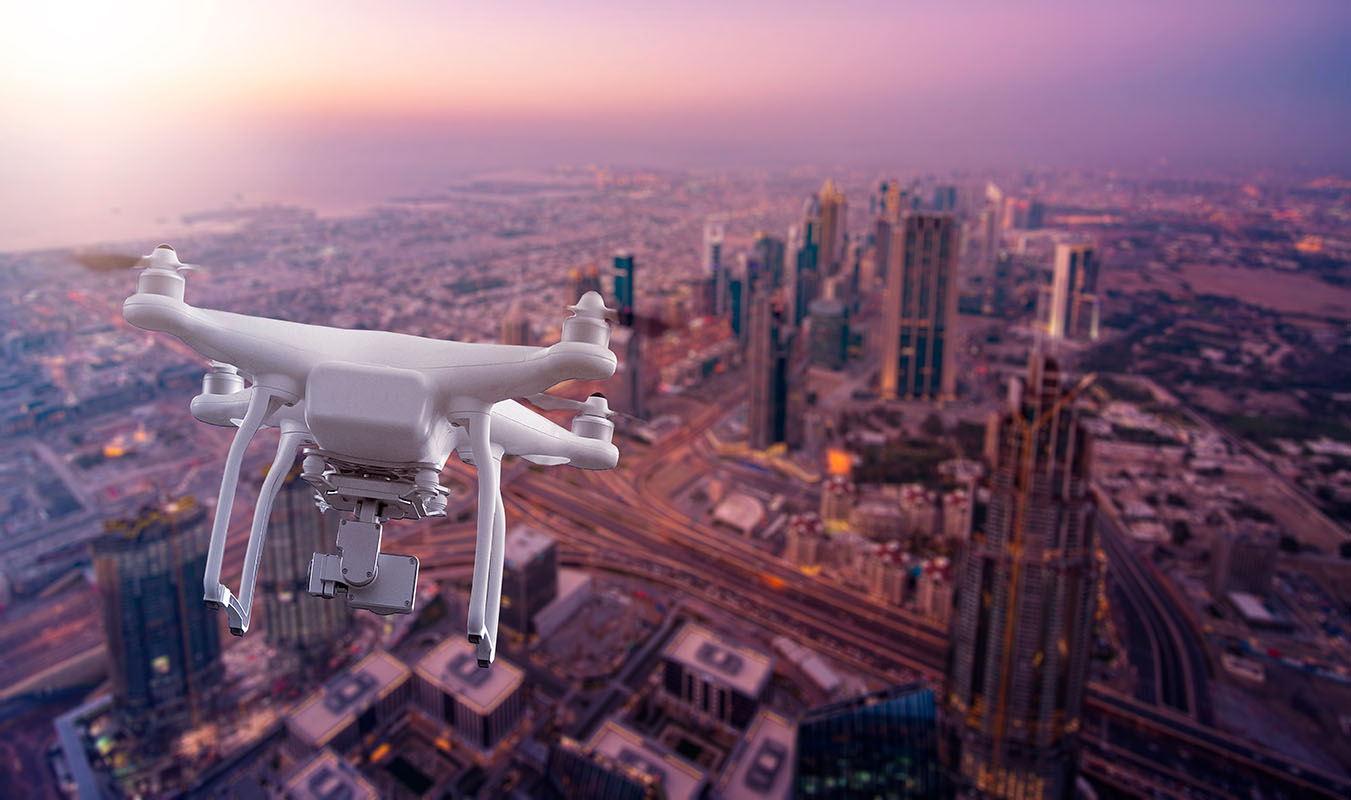Driving AI and robotics to save energy and enhance lives
With Yahya Zweiri at its helm, Khalifa University’s Advanced Research and Innovation Center is harnessing robotics and AI technologies to benefit society.
In line with Abu Dhabi’s Vision 2030 for AI, robotics and healthcare, the Advanced Research and Innovation Center (ARIC) at Khalifa University is transforming intellectual property into industrial solutions, startups and enterprises, enriching the emirate’s economic landscape.
The only high Technology Readiness Level (TRL) center in the region, “Khalifa University’s unique model allows it to make a significant impact on both industry and academia,” says ARIC Director Yahya Zweiri. With a wealth of experience as a professor at the university’s aerospace engineering department, Zweiri is ideally placed to run ARIC. He has led research projects in robotics and AI, securing eight patents and creating a spin-off company, DroneLeaf. The latter, a culmination of years of cutting-edge research at KU, has developed the world’s most advanced AI-powered flight control software for drones, pushing the limits of performance, agility, and robustness while reducing development costs and time.
“Khalifa University’s unique model allows it to make a significant impact on both industry and academia.”
Yahya Zweiri
An overarching goal for the university’s robotics and aerospace research is ‘pervasive digitalization’. “This includes harnessing generative AI and cognitive computing to propel advancements in robotics capabilities, bolster aerospace communication systems, and refine data processing and analysis,” Zweiri explains.

As part of its digitalization strategy, the university aims to develop resilient networks and cybersecurity measures to protect aerospace and healthcare systems, ensuring their reliability. Equally important is that robotic solutions are environmentally sustainable and have positive impacts on societal well-being.
An example of such beneficial applications is KU’s drive to promote health longevity through innovations such as robot-assisted surgery and high-tech medical transport. Researchers at ARIC are also collaborating with Amana Healthcare, a subsidiary of regional healthcare firm Mubadala Health, in developing a customized knee exoskeleton system for rehabilitation assistance, enhancing physiotherapy sessions and assisting patients in post-surgery exercises.

A strong sustainability ethos is applied in the related area of advanced materials manufacturing, where experts are aiming to fabricate lightweight yet robust materials for spacecraft and robotics. Meanwhile, researchers are playing key roles in a wider managed energy transition; employing their intelligent algorithms and innovative designs to optimize energy consumption in robotics and aerospace systems.
ARIC’s technologies are already being deployed in real applications with industry partners, and Zweiri expresses enthusiasm for the many collaborations with industry that ARIC has fostered. “Through collaboration with STRATA Manufacturing, SANAD and Mubadala, ARIC is fulfilling precision engineering applications in the field of industrial manufacturing,” he says. “We developed the first robot capable of fully automatic drilling processes in aeroplane structures. It features an array of sensing technologies and AI algorithms that enable it to autonomously navigate across the factory and then perform the required tasks within aerospace-grade tolerances.”
“Pervasive digitalization includes harnessing generative AI and cognitive computing to propel advancements in robotics capabilities, bolster aerospace communication systems, and refine data processing and analysis.”
Yahya Zweiri
The research teams have been working toward other automation solutions. These include aero-engine blade repairing, painting, sorting and inspection, enabling aerospace companies to keep up with the demands of airlines and comply with extremely rigorous safety standards.
But robots and AI are nothing without nurturing the best people, which is why ARIC is upskilling UAE nationals in key industrial technologies, “Our ongoing commitment to training UAE nationals fosters a highly skilled and proficient workforce,” says Zweiri. “All our UAE nationals—senior design students, postgraduates and national service students—have found employment within three months of their time at ARIC.”
“Khalifa University and Prof. Yahya have been the catalysts for my transformation. They have ignited within me an entrepreneurial spirit, propelling me toward excellence in research.”
Hussain Sajwani
One such young scientist is Aiswarya Babu, a research associate at ARIC who works on SANAD maintenance, repair and overhaul projects. “I am inspired by ARIC’s vision and its potential in the field of robotics and aerospace,” Babu says. “With the guidance of Prof. Yahya and support from KU, I am confident in my ability to achieve my aspirations in this field.” Similarly, Hussain Sajwani, also a research associate, works on the visual and touch-based sensors that give robots the ability to obtain tactile feedback from their environment. “Khalifa University and Prof. Yahya have been the catalysts for my transformation,” he says.
“They have ignited within me an entrepreneurial spirit, propelling me toward excellence in research.”




